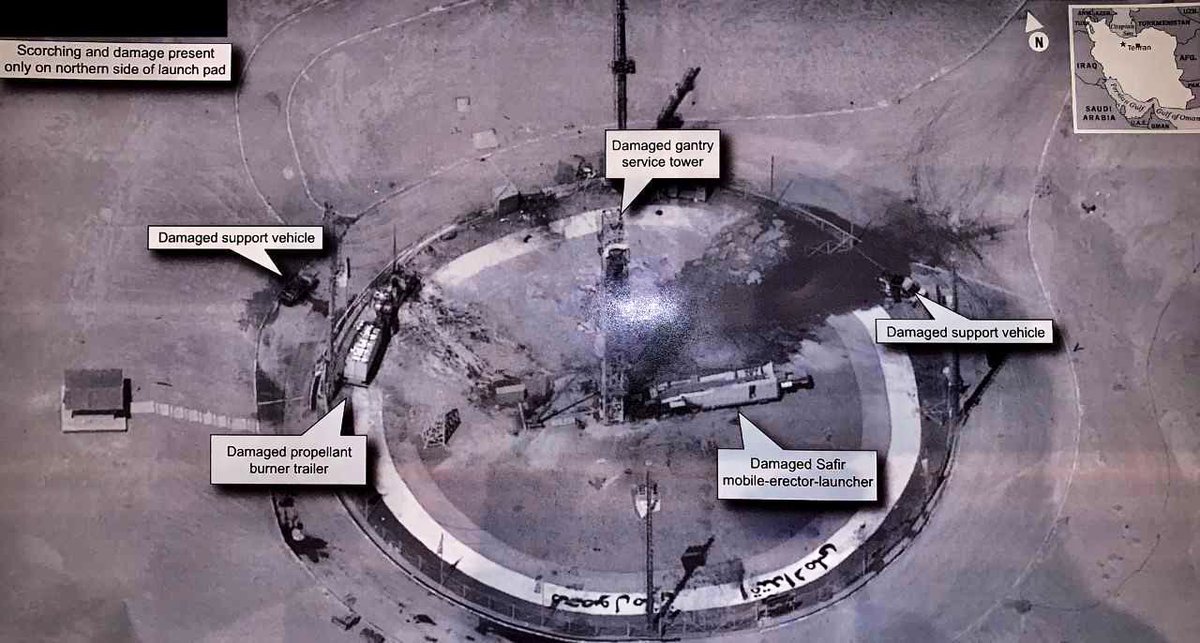https://en.wikipedia.org/wiki/Artificial_structures_visible_from_space wrote:
<<Artificial structures visible from earth orbit without magnification include highways, dams, and cities. The Great Wall of China, often cited as the only human-made structure visible from space, is not visible from low Earth orbit without magnification, and even then can be seen only under perfect conditions.
The human naked eye has an angular resolution of approximately 0.00028 radians, and the ISS targets an altitude of 400 km. Using basic trigonometric relations, this means that an astronaut on the ISS with 20/20 vision could potentially detect objects that are 112 m or greater in all dimensions. However, since this would be at the absolute limit of the resolution, objects on the order of 100 m would appear as unidentifiable specs, if not rendered invisible due to other factors, such as atmospheric conditions or poor contrast. For readability from the ISS, using the same trigonometric principles and an assumed legibility requirement of 18 arcminutes, each letter would need to be approximately 2km tall.>>
"so large it is visible from outer space"
- neufer
- Vacationer at Tralfamadore
- Posts: 18805
- Joined: Mon Jan 21, 2008 1:57 pm
- Location: Alexandria, Virginia
"so large it is visible from outer space"
Art Neuendorffer
- Chris Peterson
- Abominable Snowman
- Posts: 18174
- Joined: Wed Jan 31, 2007 11:13 pm
- Location: Guffey, Colorado, USA
- Contact:
Re: "so large it is visible from outer space"
To be visible from space (or anywhere else) an object need not be greater than the eye's angular resolution. It only needs to be larger than that to be resolved.neufer wrote: ↑Wed Sep 04, 2019 8:34 pmhttps://en.wikipedia.org/wiki/Artificial_structures_visible_from_space wrote:
<<Artificial structures visible from earth orbit without magnification include highways, dams, and cities. The Great Wall of China, often cited as the only human-made structure visible from space, is not visible from low Earth orbit without magnification, and even then can be seen only under perfect conditions.
The human naked eye has an angular resolution of approximately 0.00028 radians, and the ISS targets an altitude of 400 km. Using basic trigonometric relations, this means that an astronaut on the ISS with 20/20 vision could potentially detect objects that are 112 m or greater in all dimensions. However, since this would be at the absolute limit of the resolution, objects on the order of 100 m would appear as unidentifiable specs, if not rendered invisible due to other factors, such as atmospheric conditions or poor contrast. For readability from the ISS, using the same trigonometric principles and an assumed legibility requirement of 18 arcminutes, each letter would need to be approximately 2km tall.>>
Chris
*****************************************
Chris L Peterson
Cloudbait Observatory
https://www.cloudbait.com
*****************************************
Chris L Peterson
Cloudbait Observatory
https://www.cloudbait.com
- orin stepanek
- Plutopian
- Posts: 8200
- Joined: Wed Jul 27, 2005 3:41 pm
- Location: Nebraska
Re: "so large it is visible from outer space"
Don't know about from outer space; but the highest I"ve been was in a 727; 737; & DC10; And things looked pretty small from there! 
Orin
Smile today; tomorrow's another day!
Smile today; tomorrow's another day!
